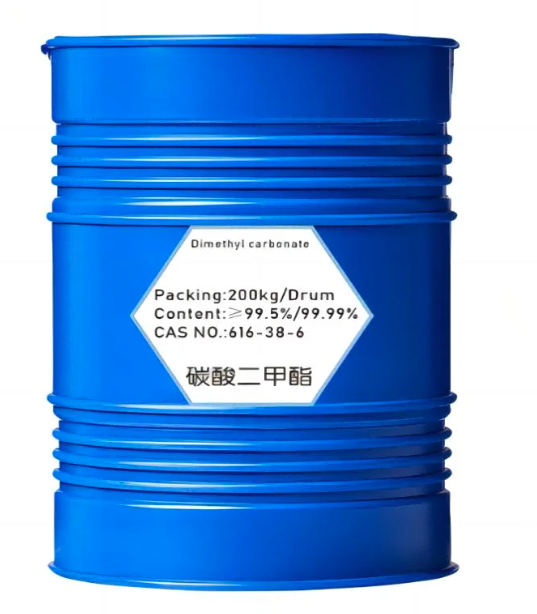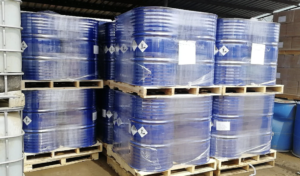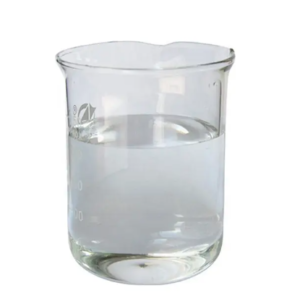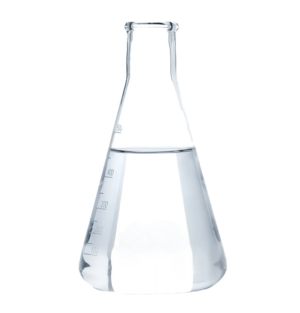Dimethyl carbonate (DMC) is an organic compound with the chemical formula C3H6O3. It is a colorless, flammable liquid with a slightly fruity odor. Here are some key points about dimethyl carbonate:
- Chemical Structure: Dimethyl carbonate is an organic carbonate ester, consisting of two methyl groups (-CH3) attached to a carbonate functional group (-O-(C=O)-O-). It has a linear structure and belongs to the family of carbonates.
- Production: Dimethyl carbonate can be synthesized through the reaction of methanol with phosgene or by the oxidative carbonylation of methanol with carbon monoxide and oxygen over a catalyst. It can also be obtained as a byproduct in the synthesis of other chemicals, such as polycarbonates.
- Properties:
- Solvent: Dimethyl carbonate is a polar solvent with good solvency for a wide range of organic compounds, including polar and nonpolar substances. It is miscible with many organic solvents but has limited solubility in water.
- Low Toxicity: Dimethyl carbonate is considered to have low toxicity and is generally regarded as safe for its intended uses. However, like other organic solvents, it should be handled with care and proper safety precautions.
- Flammability: Dimethyl carbonate is flammable and should be stored and handled away from ignition sources and open flames.
- Uses:
- Chemical Intermediate: Dimethyl carbonate is used as a chemical intermediate in the synthesis of various organic compounds, including pharmaceuticals, agrochemicals, and specialty chemicals. It serves as a building block for the production of polycarbonates, methylating agents, and other carbonate derivatives.
- Solvent in Organic Synthesis: Dimethyl carbonate is utilized as a solvent in organic synthesis reactions, particularly those involving polar compounds or sensitive functional groups. It can facilitate reactions under mild conditions and is often preferred for its low toxicity and environmental compatibility.
- Fuel Additive: Dimethyl carbonate has been investigated as a potential additive or replacement for traditional fossil fuels due to its high oxygen content and clean combustion characteristics. It can be blended with gasoline or diesel fuel to reduce emissions of pollutants such as particulate matter and carbon monoxide.
- Safety Considerations: While dimethyl carbonate is generally considered to have low toxicity, it can still pose hazards if handled improperly. Exposure to high concentrations of vapors may cause irritation to the eyes, respiratory tract, and skin. Adequate ventilation and personal protective equipment (PPE) should be used when working with dimethyl carbonate to minimize exposure risks.









Reviews
There are no reviews yet.